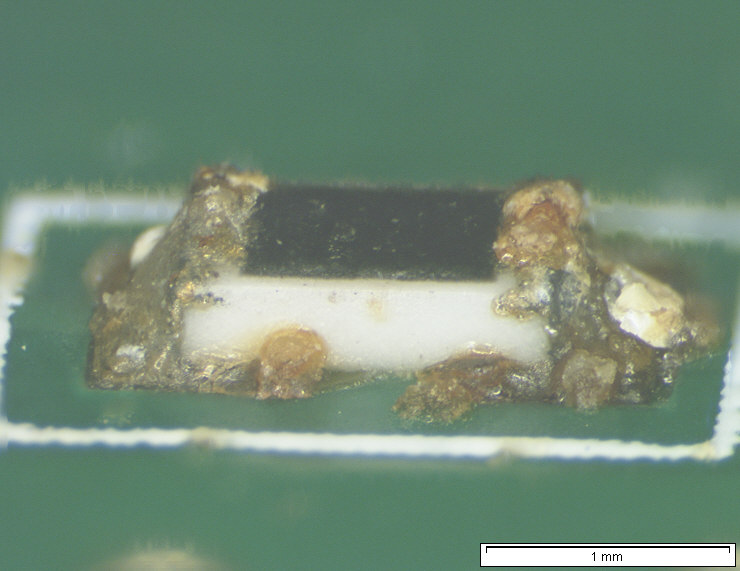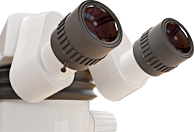PCB Ionic Contamination Analysis
 LPD Lab Services can assess PCBs for a wide range of ionic contamination using Ion Chromatography IC. These include anions, cations and weak organic acids WOAs on printed circuit boards.
LPD Lab Services can assess PCBs for a wide range of ionic contamination using Ion Chromatography IC. These include anions, cations and weak organic acids WOAs on printed circuit boards.
Ionic contamination on PCBs can lead to serious quality issues. Product reliability can be affected. Lifetimes can be shortened especially in environments where moisture levels cannot be controlled. The combination of moisture with residual ionic contamination can increase the risk of short circuiting.
Approximately 15% of PCB failures occur due to contamination. Ionic contamination and residues can arise from the bare circuit board or from the chemicals used during soldering of components onto the board. The most common sources of ionic residue include:
- Plating chemistry
- Flux activators
- Perspiration
- Ionic surfactants and detergents
- Ethanolamines.
Ionic contamination combined with the DC voltages present can also enhance dendritic growth again leading to short circuits and premature failure.
Using the methodology detailed in IPC-TM-650 2.3.28, samples are soaked in a water/IPA mixture. This is then analysed using ion chromatography for the target anions, cations or WOAs specified by the customer. LPD Lab Services can achieve sensitivities as low as 0.05ug/cm2. If lower sensitivities are required, this may be possible in some cases depending on samples and species.
Ionic Species by IC
- Anions: Bromide, Chloride, Fluoride, Nitrate, Nitrite, Phosphate, Sulphate.
- Cations: Ammonium, Calcium, Lithium, Magnesium, Potassium, Sodium.
- Weak Organic Acids: Acetate, Adipate, Formate, Glutamate, Malate, Methane Sulphonate, Succinate, Phthalate.
If you would like to know more about the ionic cleanliness assessment and testing facilities available at LPD Lab Services, please contact Dr Wyndham Johnstone.

